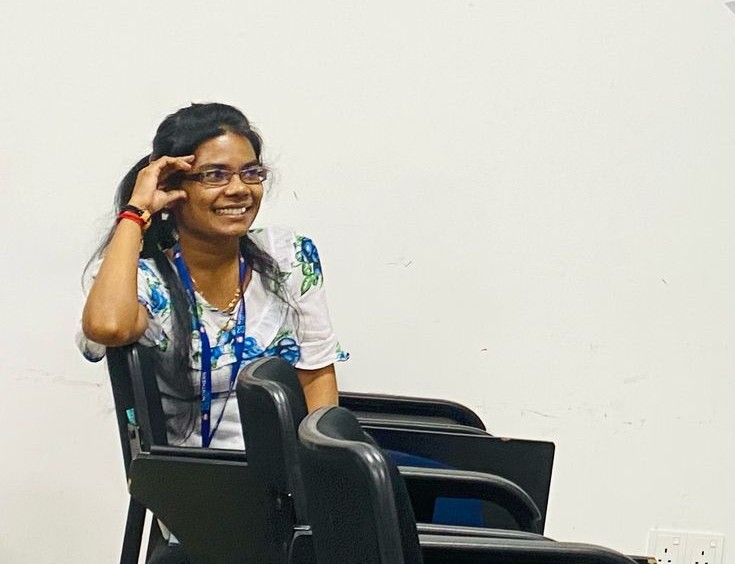Week 1: Introduction to Professional Skills
Understanding the importance of professional skills in career development and workplace success
Week 1: Introduction to Professional Skills
Understanding the importance of professional skills in career development and workplace success
1. Lesson Overview
Professional skills, also known as soft skills or employability skills, are non-technical abilities that are essential for success in any workplace. These skills complement technical expertise and are highly valued by employers across all industries. In today's competitive job market, the ability to communicate effectively, work collaboratively, and adapt to changing environments is just as important as technical competence.
This lesson introduces the fundamental concepts of professional skills, their importance in career development, and how they differ from technical skills. You'll explore why employers increasingly prioritize candidates with strong professional competencies and how these skills contribute to long-term career success.
2. Learning Objectives
By the end of this lesson, you should be able to:
- Define professional skills and understand their significance in career development.
- Differentiate between technical and professional skills with practical examples.
- Identify key professional skills required in modern workplace environments.
- Understand how professional skills contribute to career advancement and leadership opportunities.
- Begin developing a personal plan for improving professional skills through deliberate practice.
3. Core Concepts
Professional skills, also known as soft skills or interpersonal skills, are personal attributes that enable someone to interact effectively and harmoniously with other people. These skills are not job-specific and can be applied across various roles and industries. In the modern workplace, the ability to communicate clearly, collaborate effectively, and demonstrate emotional intelligence is often the differentiating factor between successful professionals and their peers.
Key Insight
Professional skills are transferable competencies that enhance your value across all career domains. While technical skills may get you hired, professional skills often determine your career trajectory and long-term success.
Unlike technical skills which are teachable and quantifiable, professional skills are more subjective and relate to character, attitude, and behavior.
Examples:
Why They Matter: Professional skills help individuals fit into an organization's culture, collaborate effectively, and stand out beyond technical expertise.
4. Practical Applications
Professional skills have direct applications in both workplace and academic environments. Effective communication enhances collaboration in team projects, while strong problem-solving abilities enable you to navigate complex challenges. Leadership skills prepare you for management roles, and adaptability ensures you can thrive in rapidly changing industries.
Professional Context
In workplace settings, professional skills facilitate effective collaboration, enhance client relationships, and improve project outcomes. These competencies are essential for career advancement and leadership opportunities.
Academic Context
In educational environments, professional skills enhance group projects, improve presentation effectiveness, and strengthen relationships with instructors and peers. These abilities prepare students for successful transitions to professional careers.
5. Skill Development Progress
This week contributes to your overall professional skill development:
6. Interactive Activities
Engage with these activities to reinforce your learning:
Discussion Forum
Participate in online discussions about the importance of professional skills in your field.
Reflection Journal
Write a personal reflection on your current professional skill strengths and areas for improvement.
Group Exercise
Conduct a self-assessment with peers to identify key professional skills for your career path.
7. Assessment Overview
This week's learning will be assessed through:
8. Resources & References
Enhance your learning with these additional resources:
"The 7 Habits of Highly Effective People"
Stephen Covey's foundational guide to personal and professional effectiveness.
Professional Communication Skills
Online course on effective workplace communication techniques.
9. My Learning Reflection
This lesson has provided valuable insights into the critical importance of professional skills in career development. I now understand that while technical expertise is essential for entry-level positions, professional competencies are what distinguish exceptional professionals from their peers. The realization that skills like communication, adaptability, and leadership can be systematically developed through practice is both empowering and motivating.
Personal Statement
I am committed to developing both my technical and professional skills to become a well-rounded professional. I recognize that my ability to work effectively with others, communicate clearly, and adapt to changing environments will be key to my long-term success. This week has motivated me to create a structured plan for continuous improvement in these areas, seeking feedback from mentors and peers while actively pursuing opportunities to practice these skills in real-world contexts.
Learning Resources

Skills Workshop
Interactive learning session